 A Star of David is visible among the ornamentation at the Brodyer Synagogue at the ordination of new Rabbis Shlomo Afanasev and Moshe Baumel on August 30, 2010 in Leipzig, Germany. Though both Afanasev and Baumel were born in the former Soviet Union, they grew up in Germany and are among a growing number of German-raised rabbis graduating from the Ronald Lauder-supported Rabbinical Seminary in Berlin. (Photo by Sean Gallup/Getty Images)
A Star of David is visible among the ornamentation at the Brodyer Synagogue at the ordination of new Rabbis Shlomo Afanasev and Moshe Baumel on August 30, 2010 in Leipzig, Germany. Though both Afanasev and Baumel were born in the former Soviet Union, they grew up in Germany and are among a growing number of German-raised rabbis graduating from the Ronald Lauder-supported Rabbinical Seminary in Berlin. (Photo by Sean Gallup/Getty Images) Even as the coronavirus has triggered the shutdown of conventional synagogue life across the city, rabbis are as busy as ever taking Zoom calls, doing virtual pastoral work and facilitating direct services, such as grocery deliveries for their elderly and immune-compromised congregants.
Some are also finding time to read, do yoga and host the occasional virtual cocktail hour.
The Journal reached out to several Los Angeles Jewish spiritual leaders to find out how they are holding up, what strategies they have adopted to survive social distancing and what they planned to do once the safer-at-home order is lifted.
Rabbi Yoshi Zweiback, Stephen Wise Temple
“My days are very, very full and they always have been as a congregational rabbi, but actually it is more tense and I am busier and I am more occupied now than I ever have been before.”
Instead of addressing his congregation from the bimah, Rabbi Yoshi Zweiback has been reciting the mi sheberach (prayer for the sick) to those in the hospital via Facebook; pre-recording daily services for worshipers to watch from their homes and leading live online Talmud and Jewish education classes via video conferencing. “I am actually running a small broadcast network from my home,” he said.
He said he keeps stress at bay by playing the party game Celebrity on Zoom with friends, taking part in virtual cocktail hours with former rabbinical school classmates, and walking every day with his family.
“Our tradition asks us to find the blessings in the challenge, so what’s the blessing in this moment? The time with my family, the opportunity to be outside so much, not spending any time commuting, seeing how the air quality in our city is clearer. These are the blessings in the challenges.”
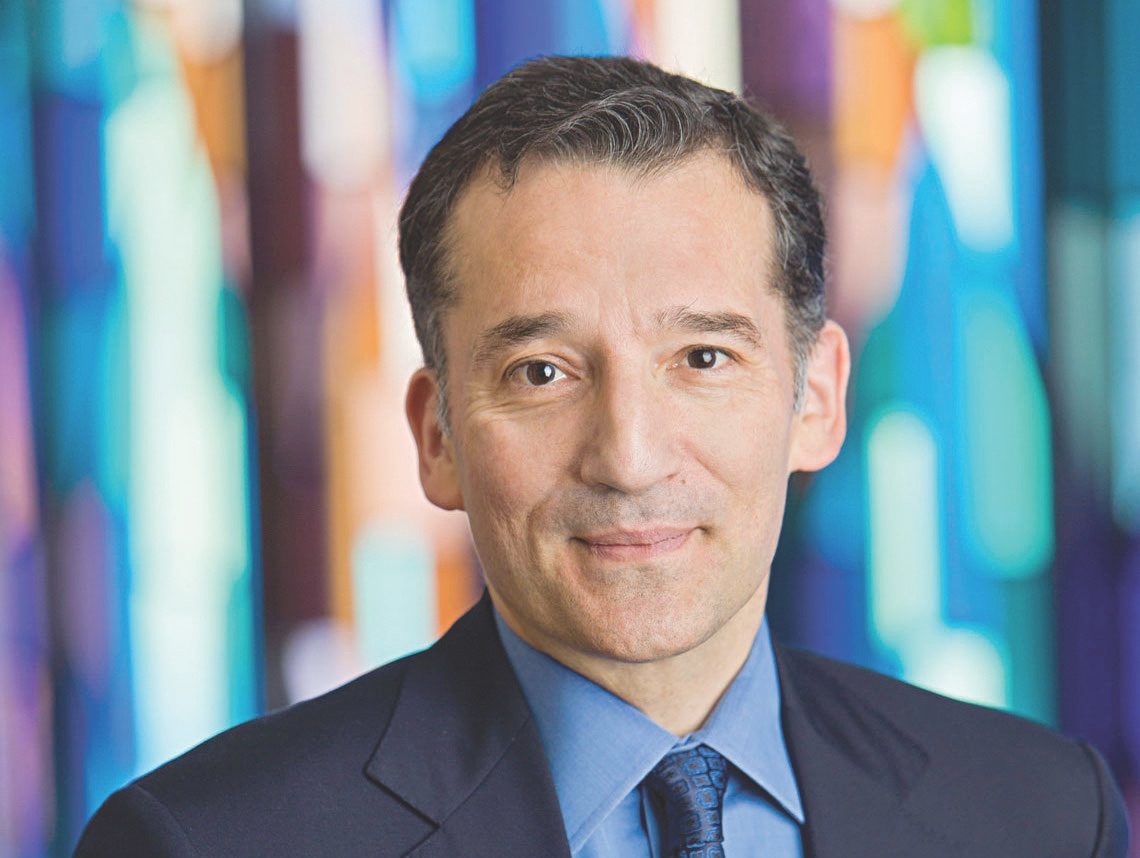
Rabbi David Wolpe, Sinai Temple
Rabbi David Wolpe is spending a lot of time on the phone and online, teaching, sending out videos and participating in conference calls and lifecycle events. During rare free moments, he is reading a novel, a work of nonfiction and a mystery, he said, though he is always doing this, coronavirus or no coronavirus. He also begins each morning with a walk while listening to podcasts and audiobooks.
In addition he has found time to develop his cooking skills, much to the delight of his 23-year-old daughter, Samara. Recently, when she walked into the kitchen, where her father was steaming vegetables, she said, “‘I’m loving apocalypse dad,’” Wolpe said.
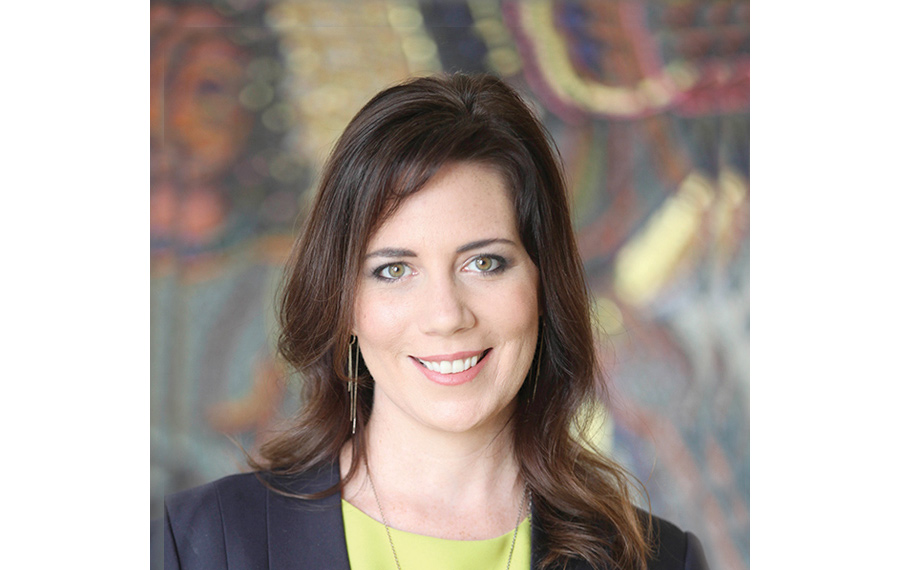
Rabbi Sarah Bassin, Temple Emanuel of Beverly Hills
Rabbi Sarah Bassin has been spending several hours every day on Zoom calls for staff meetings and for b’nai mitzvah and conversion meetings.
The only rabbinic responsibility that has completely vanished from her weekly schedule is wedding-related, as most couples have postponed their nuptials, she said.
Little acts of kindness have also inspired her during this challenging time.
“I would say that the most meaningful work has been the individual phone calls to our congregants — listening, counseling and filling in the holes of what they need — whether it’s matching them with someone to get them groceries or dropping an extra bottle of Tylenol I had off at their gate,” she said. “Those little gestures seem to matter most.”
When all of this is over, Bassin said she’s looking forward most to dining out.“I can’t wait to see the inside of a restaurant again.”
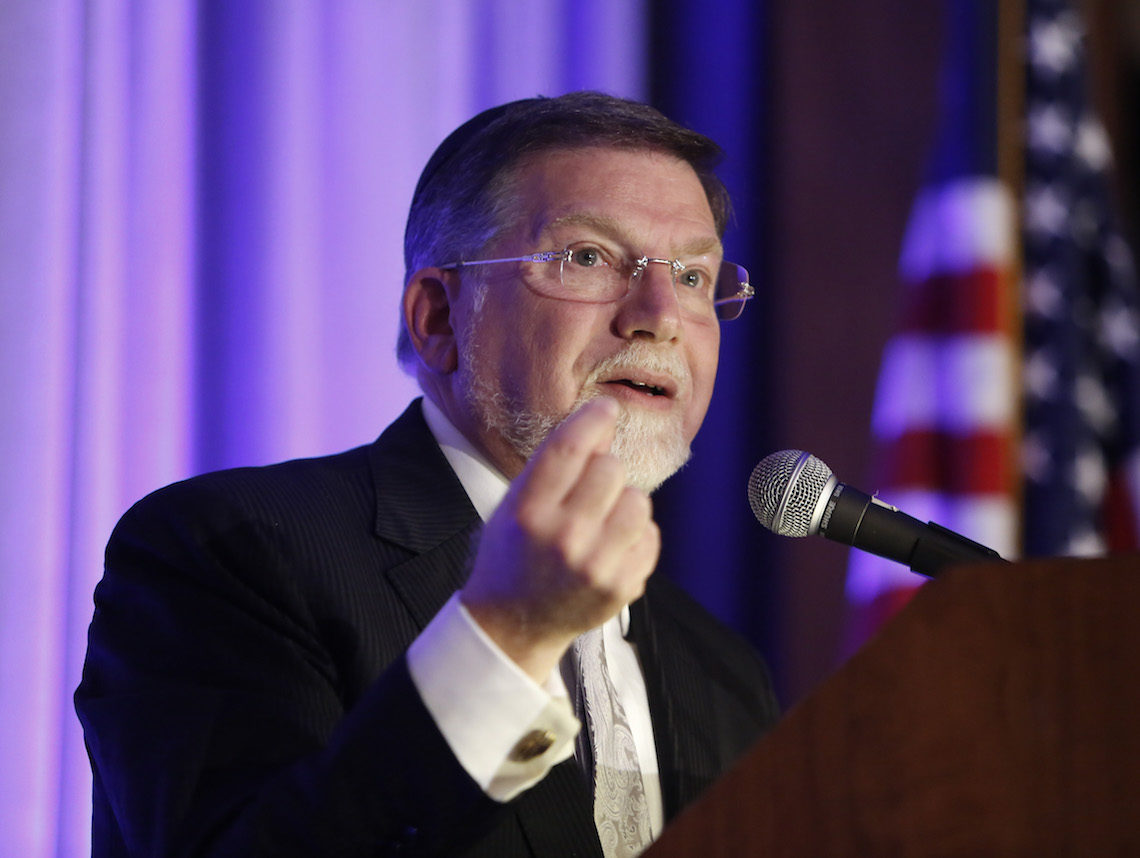
Rabbi Elazar Muskin, Young Israel of Century City
In the days leading up to Passover, Rabbi Elazar Mushkin fielded nonstop phone calls from congregants who had questions about what was permissible and not permissible to eat during the holiday.
Additionally, he has been active in ensuring anyone who needs groceries delivered to their homes will receive them. He said he was also busy with attending to community needs that have nothing to do with the coronavirus crisis. Through it all, the pandemic has reinforced why it he loves being a rabbi, he said.
“You really have a purpose and a role, and you know it. You have to roll up your sleeves and do it and keep spirits high. This is a challenging time but an uplifting time. People realize they can grow from these experiences in numerous ways and come out the other end stronger than they were,” he said. “That is the job of a spiritual leader: to be there for congregants, for the community.”
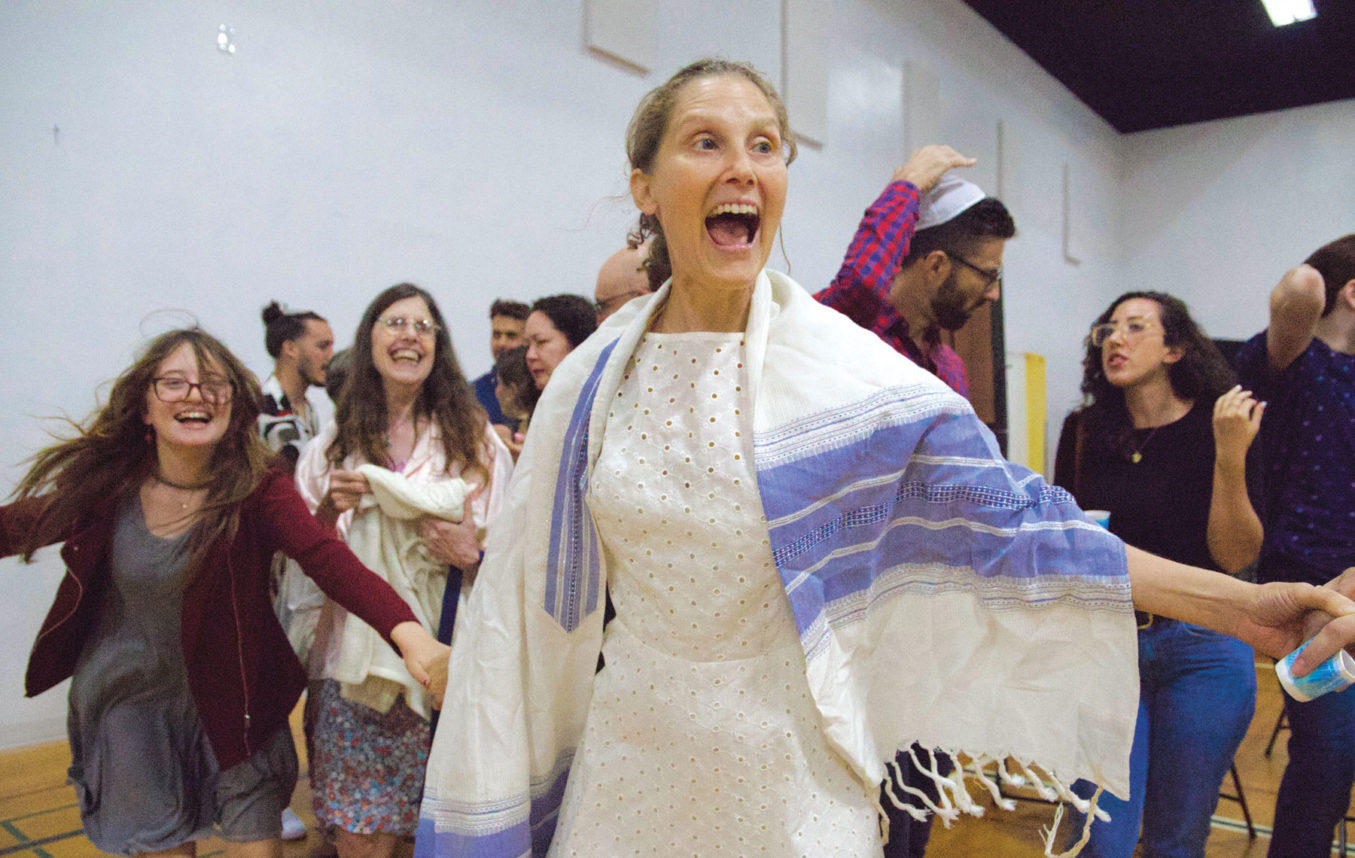
Photo by Adali Schell, courtesy of Nefesh
Rabbi Susan Goldberg, Nefesh
Along with her duties leading the Eastside-based spiritual community, Nefesh, Rabbi Susan Goldberg has been at home with her three children – ages 16, 14 and 8 – who are doing online schooling, she said.
A former dancer and a choreographer, Goldberg has been keeping her kids active with family yoga and has been reading “The Path of the Just” by the late Italian Rabbi Moshe Chaim Luzzatto, whose work was embraced by the Musar movement. The virtues-based approach to Judaism emphasizes inner work, introspection and mindfulness, making it an appropriate practice to adopt during these times of social distancing, she said.
“The practice of separation allows us to elevate our spiritual work,” she said.
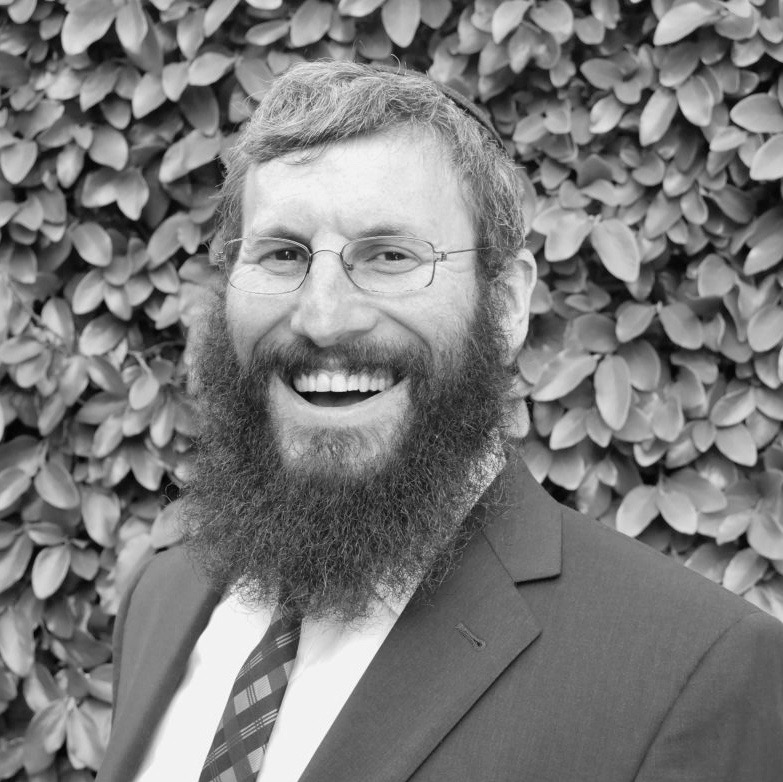
Rabbi Yonah Bookstein, Pico Shul
“The nature of the coronavirus has thrown all our normal routines out the window, so the times we might have carved out for our own projects, it’s all changed, everything’s changed and a lot of rabbis are teaching online.
“I’m getting used to it. I much rather be around the table with people–I am a people person–but I am getting more comfortable with the format. It’s a real skill. My son, Moshe, says we are all becoming YouTubers, all the rabbis. It takes a skill to keep an audience engaged. We’re used to the people we’re talking to being right there, but for me it’s a whole new experience.”























 More news and opinions than at a Shabbat dinner, right in your inbox.
More news and opinions than at a Shabbat dinner, right in your inbox.